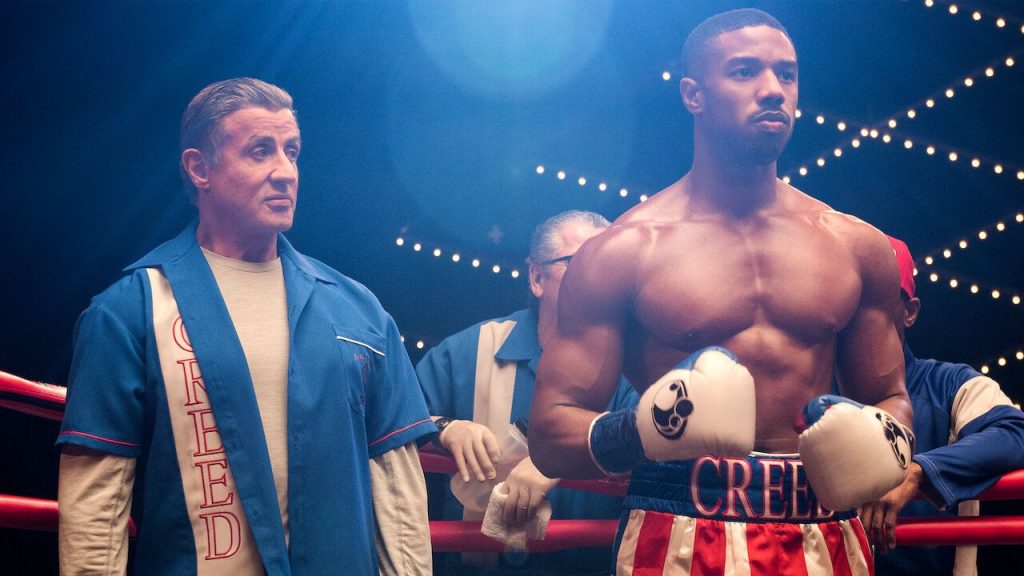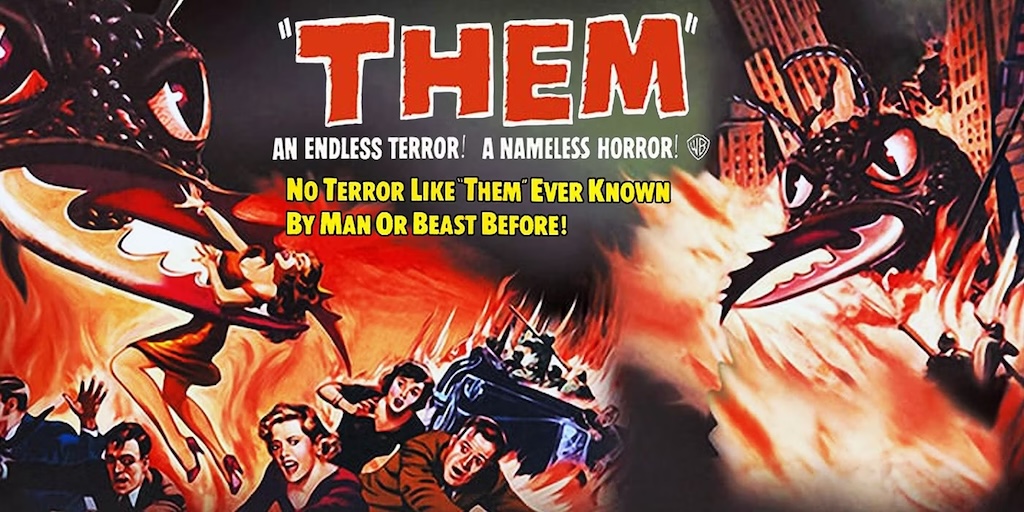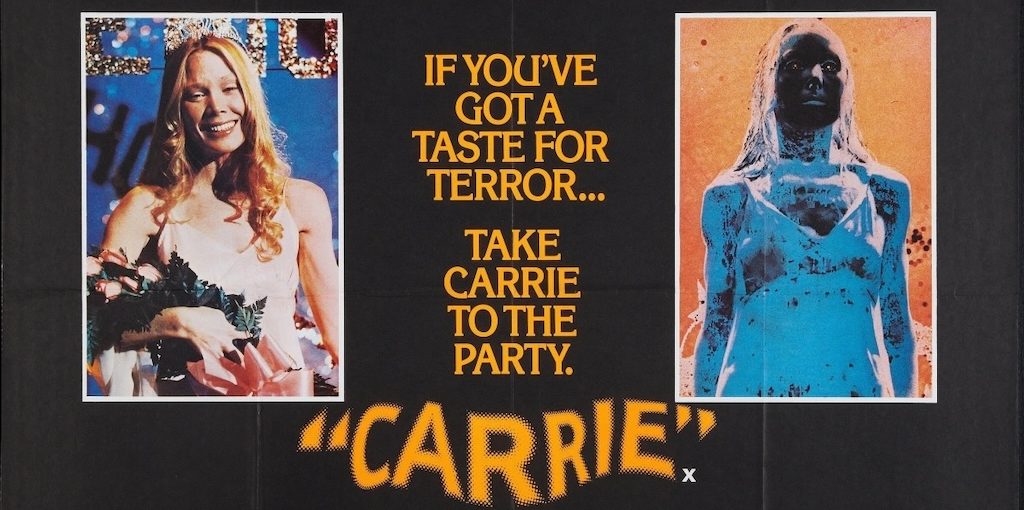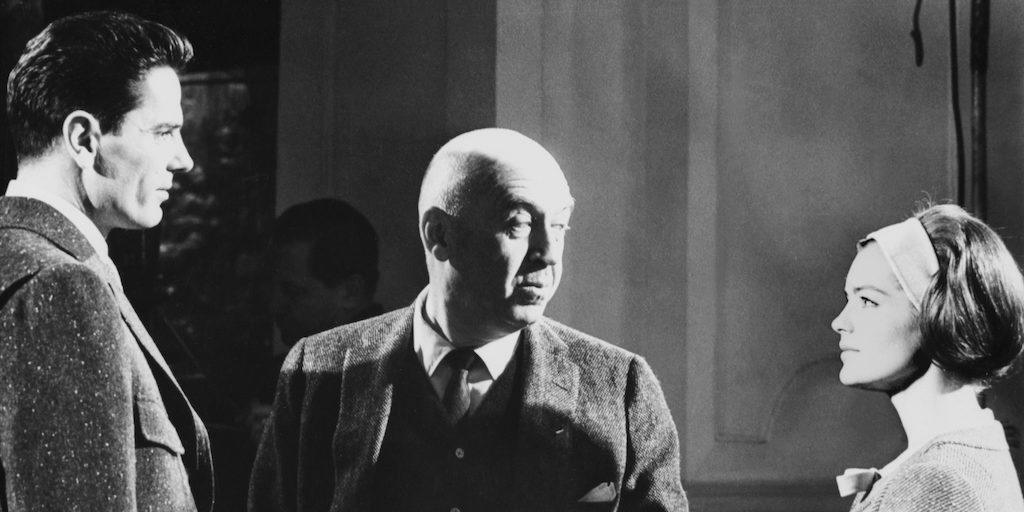When the bench is removed from under you,
you’re on your own
Ringo Bonavena
1.
That which keeps in motion, active and thinking, and above all operational in film and its concept, turns around an axis. Will the representation of family survive, with its symbolic father and not just the biological one? It also lays out ––by this we mean setting the stage–– the question of whether determined surrogate figures are possible and enduring in occupying that territoriality vastly ravaged by this final stage of total mobilization…
Since the very beginning of self-awareness, with films such as The Godfather and The Exorcist, the milestone has been the theme and figure of the father and that which is paternal. As an absolute presence in Coppola’s film; and as the absence of the biological father and his substitution or occasional replacement, and we might even say final, in Friedkin’s.
The absent father in Rome to the unfortunate Regan is substituted by two fathers (priests), ––forming a Janus-like figure–– sent by that other un-touristic Rome.
The godfather, God the Father, has different avatars the reader remembers very well, as well as other manifestations in all other auteur-directors of this period that have reached an ending. But ––once again–– because he has reached its ending as a finality: that is the fulfillment of his goal.
The Rocky saga now has become inheritance in Creed. We have two absent fathers: Apollo Creed, absent as a father, both legal and real, and absent because he has abandoned his earthly representation and has become a poster and a dark trivia made of clippings. Symmetrically, Rocky has become absent, or perhaps made absent of his paternal role, and is now a grandfather. His son Robert has moved to Canada, and he didn’t choose that place just because. This son has crossed the border, but so close and yet so far from the paternal. Just now that he also ––according to Schopenhauer–– has donated his vital impulse to another creature. With which, and classically, has either repeated his mistake by a biological fatalism and for an act of legalized prometheism or, perhaps, because he trusts in his second chance. He will be a different father, etc. Naturally, should that difference arise, he will always have for a mirror that real father he left behind at the other side of the border.
This Adonis, son of Apollo, with whom it was respected its mythic genealogy, doesn’t have anything more than that. A mythic vicariousness turned legendary and, at the same time, downgraded to mere hearsay. Not only he no longer is, but his being and his existence as a whole has been profiteered by this absent father as a carnal reality. And for blood ties based on flesh: a flesh bloody, beaten, wounded and also over-worked by techniques and exercises to mutate its form and development.
Here the audience can think ––or even better, they’re free to think–– that the repeated scenes of punching, falling and hemorrhages, as well as the strength exercises of great physical demand are nothing more than purple gravel patches to stretch a film. But also, if they can or want to understand and, above all, remember a fundamental issue that, though not far, was cut off by the school robotization to which it has being reduced to. That these physical re-presentations are symbolic complements to the agon, to the fight, that is not physical or just physical. But emotional, spiritual and sacred.
But ––as we have said several times before–– ever since Homer all epics employ the physical-corporal as an objective complement to emotional-spiritual manifestations.
2.
A bold and rather melancholic paternity runs through this film that, though directed by Steven Caple, Jr., bears the imprint of its already legendary protagonist and creator of the signature character that is Rocky Balboa: the extraordinary actor (*), which is also a great screenwriter and reader, Sylvester Stallone. As we all know, he has created in parallel another saga, that of Rambo and, as we also affirmed years ago, this Rambo exists so that Rocky can go on with his life. Absolute political realism, radical.
And so the sentimental ruminations, the intermittences of the heart, the unpaid travels towards a past reduced to family comment, as well as the formulation of anything, whatever it is, into the subjective intimacy of the particular monad, is possible because there is a hero, and a professional at that, who gambles his life in it.
This may overexcite certain sectors self-described as “progressive”, that picture or rave that with eliminating whale hunting or catcalling we’re going to reach some sort of pure, untrimmed and not at all fertile Arcadia. Let’s say that, in due rigor, what they picture is an enclosed neighborhood with 24-hour security and Che Guevara tattoos imprinted even in their asses.
3.
The extraordinary in these films ––I think of other recent ones like William Friedkin’s The Hunted, for instance–– is that they give back to the biological invariants a prestige wrongly usurped by reductionist psychologies, as well as those disclosed by office-like sociologies.
In these films there is blood, fight, risk of returning to pure animality. When absurdly, and in the other hand, those puritan deniers seek to elevate that pure animality with sentimental nonsense. As if the atavistic call of the jungle looked reduced or disinfected, and that simple sleight of hand could turn all pumas and panthers ––even hyenas!–– into household pets.
4.
Creed II is a film about second chances. But this can be said about anything and have it applied like a postal stamp. It’s about verifying and telling. It’s a film about doors and stairs. That are, as we know, two archetypical construction symbols. Two fantastic universals. Naturally, not every door or every flight of stairs is a symbol or, better yet, the material support for a symbol… In here the doors open and close; those that are unopened or left ajar. The stairs being walked up and down are all set in the stage. That is, they are another thing without ceasing to be the first and material one.
Let’s take these sequences for instance. When Adonis Creed enters Rocky’s restaurant, half lit and deserted. The visitor looks at the pictures of his dead father hung on the wall and those of ––as we’ll see–– who will take his place. We see them fighting each other, frozen in that simulation of eternity. Now, Rocky enters. We see him walking up the stairs.
Later, when both, plus Bianca, are semi-asleep and covered by a “common blanket”, we see that Rocky, picking up the signals, leaves the room and walks up the stairs. Shortly after, Creed and Bianca will have a sexual encounter.
This categorical mise-en-scene employed by these two key central figures to display and represent the plot (previously chosen to narrate) doesn’t necessarily make this film a masterpiece.
When Stallone leaves the film, our guard is down and the Creed-Bianca couple barely know how to talk to convince us of anything. True. Except one might suggest they are babbling in a world that compresses them. True. There is an overuse of slow motion shots that could have been avoided. True. Rap music in abundantia that distracts from the action with their syncopated wailing. True.
But Creed II holds its own, and rather solidly, through its mise-en-scene. An example of which we have made explicit. It is now a matter of, if one wants it so, to look for the symmetries of the case. Given that cinema is that, mise-en-scene.
And these takes us, as always, to their meaning, as direction and significance. The how is always the what. So if we figured out the how ––the mise-en-scene–– we can reach the what. What it want to say, to express and everything else.
Those doors that close, open, or remain closed to our calling. Those stairs on which we walk up or walk down are. They are life in its minimum expression, in its cotidie. Then these will become symmetrical to the ropes and stairs that lead to the boxing ring. A fight, an agon, which for tragedy is the same thing. That is, the physical exposition is also metaphysical and this is the life of that what is human-animal as something else. As the support of a transhumanization.
5.
Creed II throws itself without restrictions into the most pure melodrama. That is the best cinema and the only possibility left to occidental thought and poetry of maintaining even a shred of the spirit and the tragic vision of the world.
So these Dragos, father and son, confronting this other father-son pairing ––but one which both have chosen each other––, are the lunar surface of this two-faced relationship. And the fight, the combat, serves no more use to them than to elevate their hybris. The employment of strength for a personal goal, and a resentful one at that. They don’t get to place themselves in the agon.
Adonis ends up neutralizing this pair of dragons. But also he, who has put himself in motion by an instinct or pulse of mere vengeance, ends up walking up other stairs. And like every son who is a circular father to men, Adonis will guide this solitary Rock all the way back to that Ithaca which is barely crossing the border.
6.
In a final note, we think that this long goodbye from Rocky may also symmetrize as a possible ––and not desired–– farewell to the paternal. Now that all men are close to just turning into another excipient of maternity.
*: to those still surprised with this affirmation, we propose the following exercise. See the very excellent Copland, by James Mangold. Look, after seeing the film if not before, the scene where Stallone confronts ––in every sense–– De Niro. Look closer. He gives in to all his usual facial gestures with absolute shamelessness. He uses a Hamburger as a support to his hoax and his flattery. See Stallone, while you’re at it. Perfect: all composure, suffering, pain, but also serenity. With barely a movement, “just being there”, as they used to say in classic Hollywood.
Besides, the character we’re talking about is an overweight cop, apparently dumb, manipulated and deaf. We can give other examples; we believe this is more than enough to get the point across.





